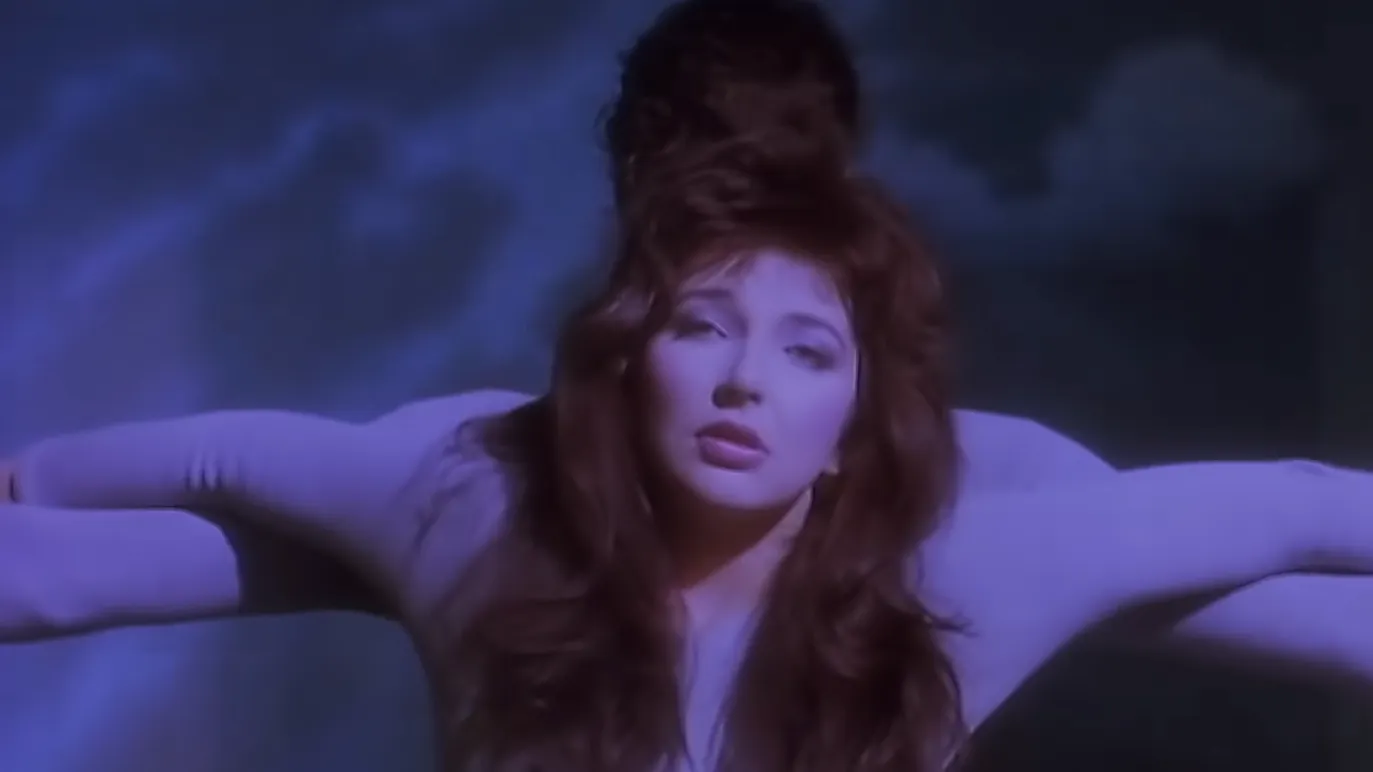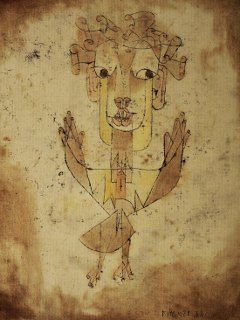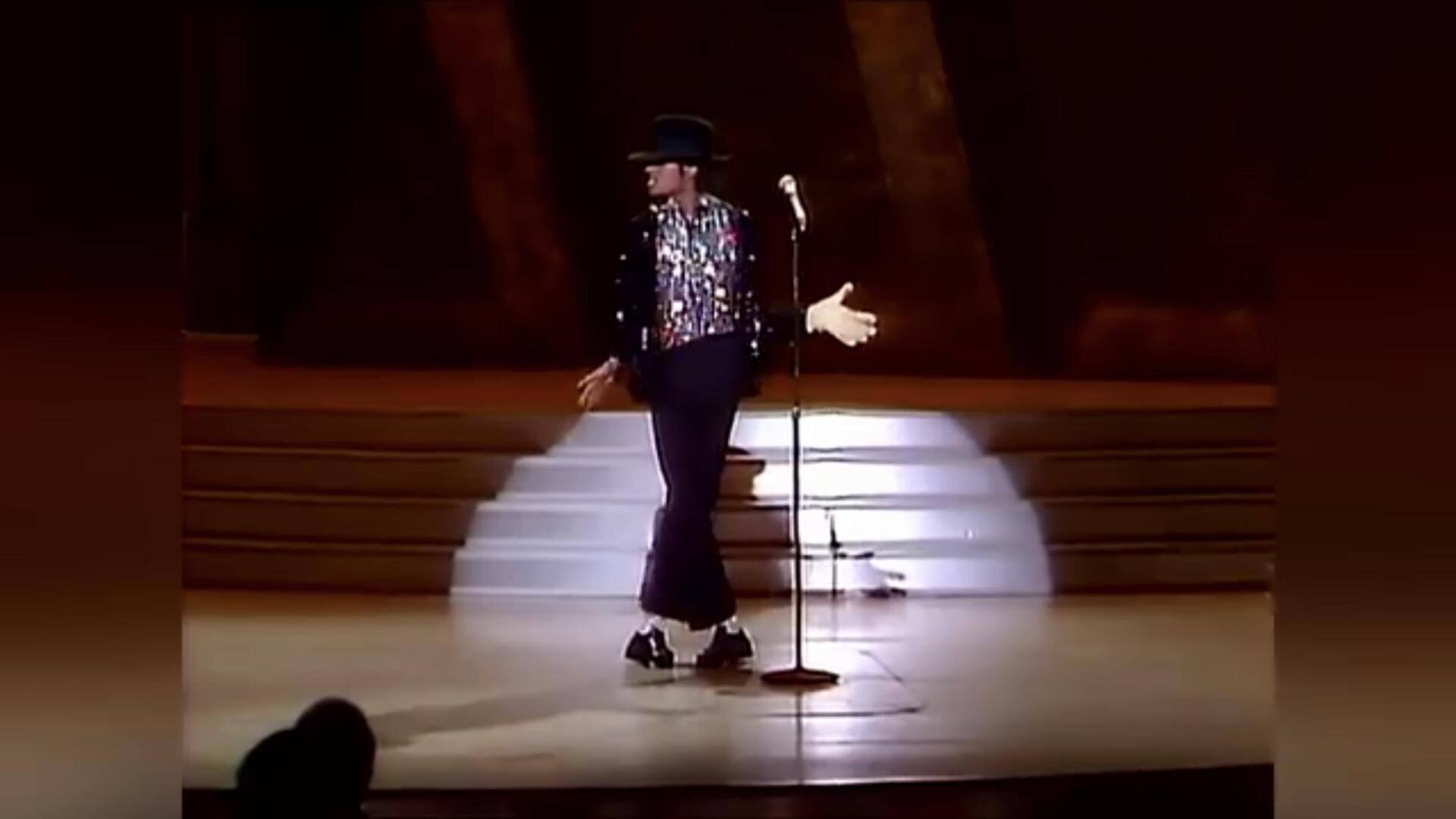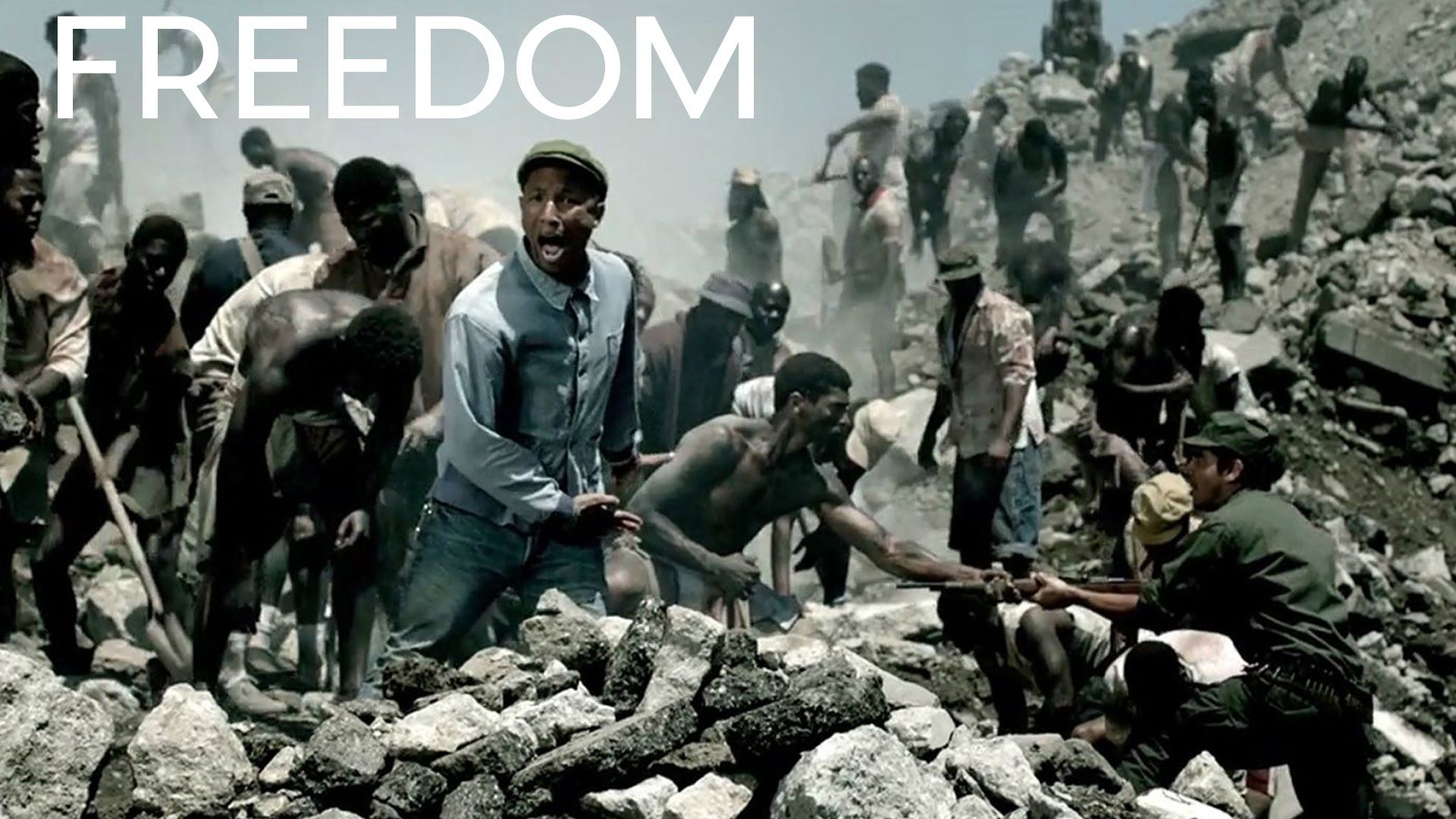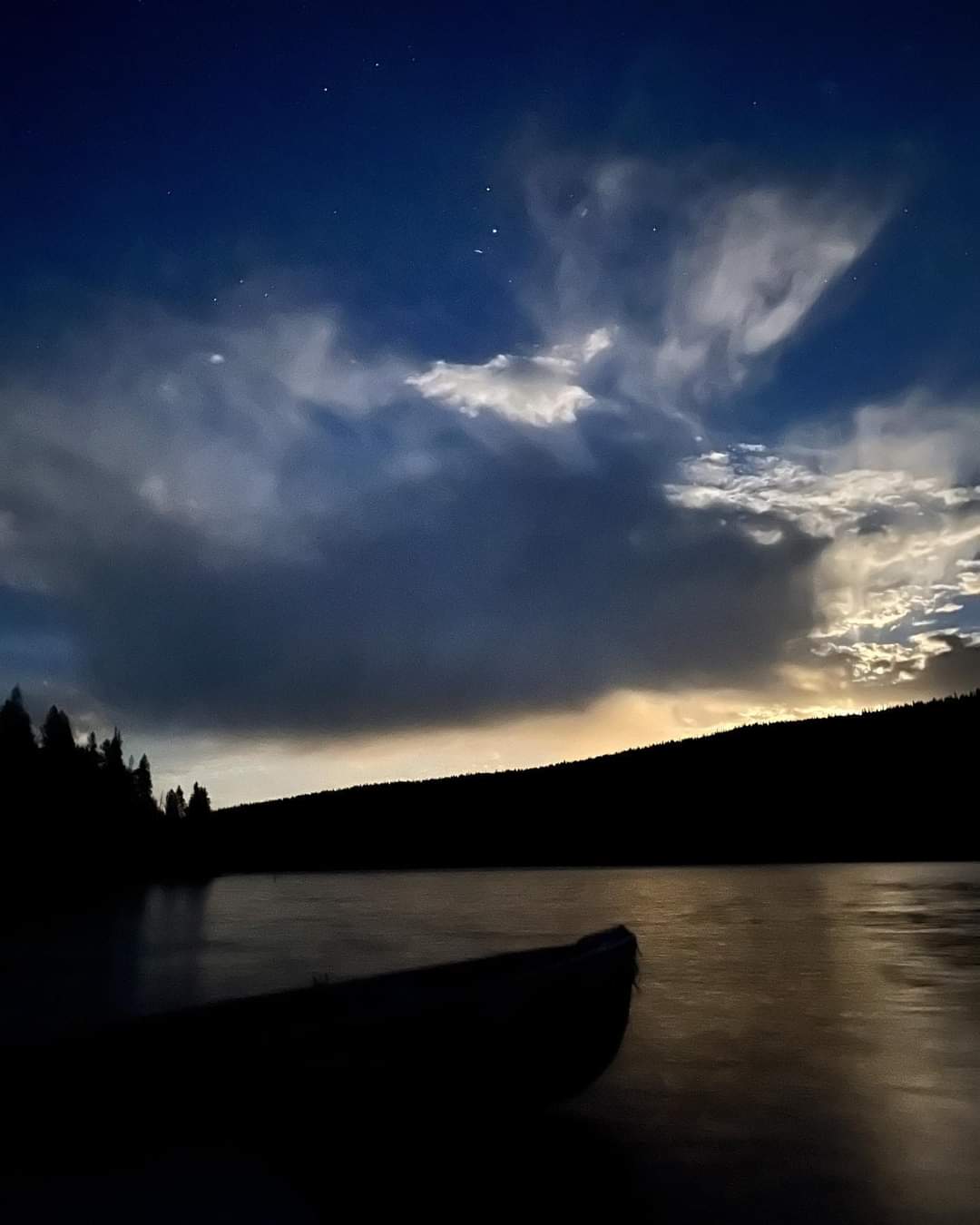Trains of Thought
Cultural Theories of Speed and Solidarity
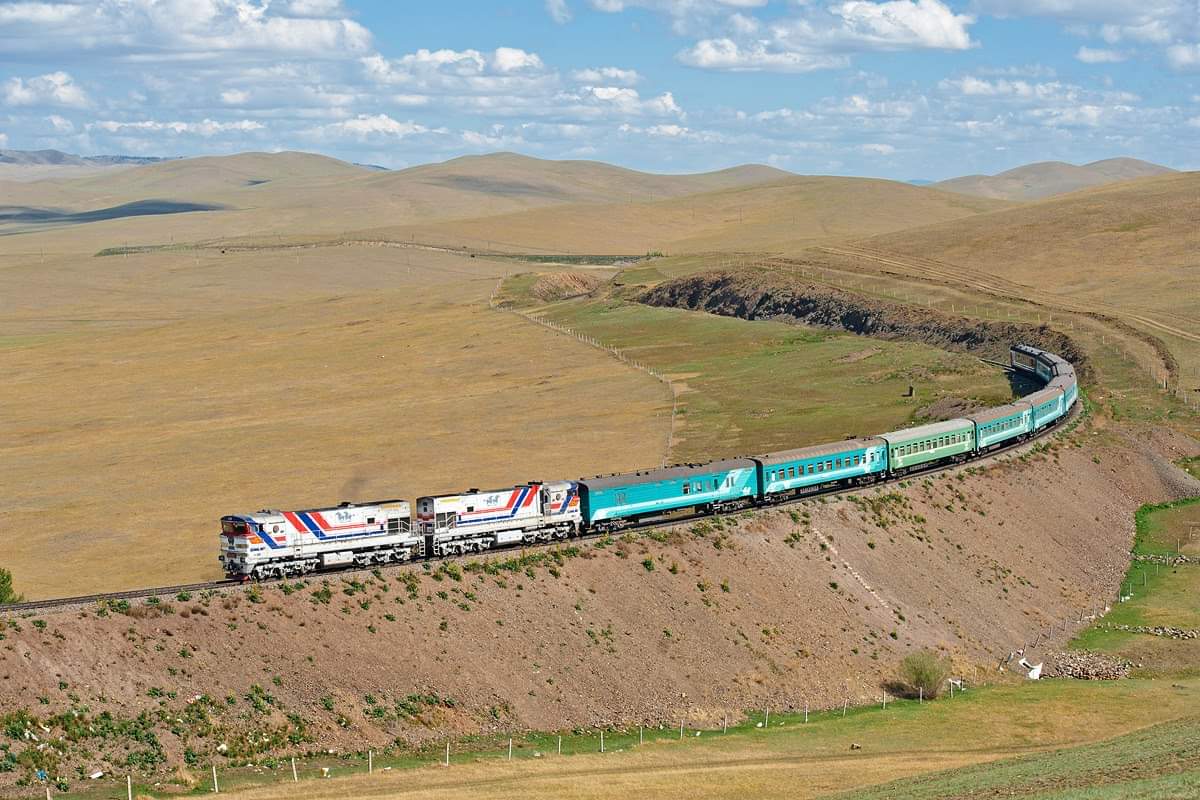
More than One and Double: Encountering Russianness on the World’s Longest Train Ride

The carriage attendant’s call came out of nowhere: “Now arriving at Divnogorsk!” I sat up, and promptly smashed my head on the luggage rack above me. Massaging my scalp in pain, I rolled over and peered down at the mother and son in the berths below me, yelling and crying as they packed their things. Nearby, several men drank and played tinny pop music from their phones, as a group of students further down the carriage sang and laughed while they played cards, seemingly oblivious to the fact that it was well after midnight. The platzkart was never quiet. It was in the early hours of 9 April, and I was fifteen days into my journey from St. Petersburg to Vladivostok, from the Baltic Sea to the Pacific Ocean. As the train neared my destination, the city of Krasnoyarsk, I dressed and packed my things away in a backpack and duffel bag, my two companions on an odyssey across nearly 10,000 kilometers and seven time zones. I was slightly more than halfway through the journey, but as I lay awkwardly awake in those early hours of the morning, half-asleep and mutely tired, Russia felt vast and imposing. An enigmatic challenge that dared me to enter, it had offered a variety of experiences yet seemed to mock my attempts to make sense of them.
I had made the decision to undertake the world’s longest train ride rather abruptly in October of 2017. As a history student in university, I had always been familiar with Russian history but was no expert, nor did I have experience with Russian language or culture. Instead, I made the decision to cross Russia because it was hard. Such an undertaking seemed challenging, mysterious. A train ride through a snow-capped nation poorly understood yet greatly feared, through the country Churchill once described as “a riddle wrapped in a mystery inside an enigma,” appealed to me in a beautifully romantic notion. From the onset, I rather unconsciously held a certain image of the coming adventure. Humans seem driven to simplify things in order to process them, and I was no exception. To understand a complexity the size of Russia without exposure to it, one is inclined simplify it. I imagined Russia as a land of adventure, snow-covered birch trees, and of Baba Yaga, magical in its size and storied past.
Despite my gilded image of Russia, I prepared for the trip significantly. I hurried to access Russian tourist infrastructure and doing so was quite easy. With the help of a guidebook and internet sources, I learned about the history of the Trans-Siberian Railway, the train route itself, and the cities along the way, putting together a good idea of what I would be able to see. I then picked the cities I would visit based on their history, architecture, museums, and other sights, as well as opportunities they offered nearby. It was exciting to read about the different places, make lists of what they had to offer, and choose between them. The hardest decision, it seemed, was whether to visit Kazan or Nizhny Novgorod. I purchased my train tickets, found places to stay, consulted maps, even obtained my visa, with ease. However, I also engaged in another type of preparation. Curious, transfixed by my romanticized image of Russia, and seeking to be prepared, I learned to read Cyrillic and communicate in basic Russian. I was unsatisfied though. Over several months, I read books about the country and its history that ranged from travelogues and memoirs to historical and academic pieces, a startling twelve works in total. I had not planned to do such preparation, but something had captured my attention. Within the façade of Russia, the mirage of a snow-covered country that I held, lay tremendous vastness. Beyond a single image of people, place, and culture we are expected to hold, that we in America are taught is as simple as the cloak-and-dagger KGB agents in film, was diversity of life and experience that easily escaped simple classification and beckoning me to learn more. The Russia of Yermak, the Tsars, and Rurik drew me initially, but a curiosity and constantly growing admiration for the country sustained my preparation and only served to excite me.
When I eagerly shared my plans, however, many people expressed doubt and apprehension upon hearing them. I am not sure if my mother believed me when I declared my intention to cross Russia for a month alone. She accepted it, but like most Americans she was in awe of, and scared of, something so vast yet impersonally singular. For Americans, Russia perplexes. It appears and is portrayed as threatening in an ineffable manner. The apparent timelessness of this threat is due as much to Russia’s long history as it is to its simple breadth of space and human experience. Russia is complex, a country that has consistently been at both the vanguard and rearguard of social evolution, and Americans can neither understand that paradox nor visualize normal life beyond such abstract contradiction. It is a country we as Americans are regularly told is our enemy. The reactions of my friends proved this as they congratulated me cautiously. They implored me to be careful, advising me to beware of everything from communists and nationalists to Russian bears. Even a family friend, a former professor of Russian literature who had worked for the American State Department and had extensive experience with Russian affairs, was surprised. He wished me luck, but told me to be very careful, saying that my trip was ‘gutsy.’ It seemed that singular visions of the world’s largest country were found everywhere. Such visions were found in the words of ordinary people, while also found as the centerpieces of past Russian attempts to create ideal societies. The world’s largest country, a complexity in every way, was and is construed through images of singularity and simplicity. Contradictory as it is, this image has been consistently reinforced by popular culture and by governments and private interests. It was something that I myself searched for, without realizing it. It is an image of what it means to be Russian.
My journey on the Trans-Siberian Railway was, in a word, intensive. I had the pleasure of meeting lovely people, seeing beautiful architecture, encountering rich history, and appreciating awe-inspiring natural beauty. It would take a thousand days to tell what I have seen, but some highlights were a hike at the southern tip of Lake Baikal, a tour of Perm’s art gallery in the Cathedral of Christ, an adventure through Krasnoyarsk’s Stolby Nature Reserve, and stunning views of 18th century cathedrals in Omsk. As I walked through each city, it was exhilarating to feel the different rhythms of purpose in the institutions of motion. Walking down Petersburg’s opulent Nevsky Prospect revealed power in repose that seemed to reflect the spirit in which the city was built and cultivated. People exuded ostentation, seemingly motivated and driven in whatever task they engaged in, even one as simple as going to lunch. Despite such gusto, no one missed an opportunity to parade along slowly in their fashionable clothes and expressive symbols of wealth. Meanwhile, a quiet stroll through Irkutsk’s Kirov Square at night displayed the beauty of the city once called the Paris of Siberia, while also hinting at its quieter aspirations and humble beginnings. The eclectic composition of its architecture defied standards of uniformity, with old wooden buildings dwarfed by concrete monstrosities as grand Tsarist manors looked on from behind their lush gardens. This wealth of life was juxtaposed everywhere throughout the city, a pattern I observed in other places as well. Walking through Perm seemed like a journey through time. Departing along the still-icy streets from the old city and the Perm-1 railway station, where Bolshevik rebels had fought during the civil war, and arriving in the city’s modern center that glimmered with advertisements and austere planned purpose seemed like taking a step into another world. It was a contradiction of space united by the passage of time, normalized by those who undertook it every day.
But my main impression of Russia was of its vastness. From a hundred and eighty hours total spent on the train, to the endless steppes and taiga that rolled by, to the great rivers of the Volga, Yenisei, and Ob, I had never encountered anything as large and imposing as the nation of Russia. Nor have I encountered such immensity so easily knit together while retaining worlds of distinction. For this reason, I cannot say that I understand the country and its people. Perhaps this has read like a polished success story. An exuberant youth sets off on a grand adventure and returns home beaming from ear to ear, claiming to have understood and experienced a foreign land and eagerly shares the stories of his accomplishments. In reality, he has only reinforced his own presumptions and has failed to challenge himself, stopping only to take pictures with bewildered people and pose with famous buildings in a sad effort to convince himself of who he is. This is not that story. For all my careful preparation I could not fully come to grasps with all that I saw. Russia is a beautiful country, but in its vastness and its diversity I do not understand it or its people. I have come to understand, however, the significance of my attempts to do so, and how my impressions of the country, its people, and myself have changed. My images of Russia and its people when I arrived were superficial. My reading and preparation situated my expectations within certain historical narratives and I learned much from this, but I presumed the existence of a particular sort of national identity. I presumed the existence of The Russian. This is no mistake or error; my picture of this person was relatively well informed. It was an expectation derived from mass-media and the impressions of friends, yet undoubtedly an attempt to engage with real life as best I could. It was a well-intended approach to the unknown, a view of an identity that I had been told to fear, and that others dictated I understand in a certain way.
It is perhaps an integral part of human nature to simplify that which we cannot understand, as it is to streamline complexity we hope to use to our advantage. I am not the first to ask and subsequently answer the question of ‘Who is The Russian?’ In fact, I think that asking this question of self is something that Americans and Russian share in the difficult processes of defining our national identities from diversity and from isolation. Our countries are very much alike. Cast out and excluded from the European Empires of old, America and Russia were, and are still, multi-ethnic, multi-faith nations that had to fight constantly for their rights to exist, as did their inhabitants. Our nations have laid claims to greatness by expanding to incorporate landmass and populace, and Russia especially has drawn upon this strength to survive adversity. The identity of both Americans and Russians has always been complex; the Russian nation is a mosaic of ethnic backgrounds and a font of religious pluralism, decorated with varied understandings of life and of purpose. Inherent in such vastness of national composition, there have emerged a series of ongoing projects to smooth over and eradicate distinction in the service of communal progress. This is the creation of identity, of collective unity. The making of The Russian is a game that has no name, a game that is more of an official policy for both man and bureaucracy. From Peter I’s shaving of his boyars to Soviet propaganda’s creations of ideal citizens, a variety of tools—from the media to the razor—have been used to create a certain image of Russian identity and unify people across a gulf of human origin. The American image of The Russian as a threatening spy seems motivated, on the other hand, to rouse a different vastness of people. Both the Kremlin and the Pentagon would have you see Russians in a certain way. They would have you believe that The Russian is a real person.
As I travelled it became obvious that no such person existed. ‘Who is this Russian?’ I wondered as I walked the streets that I believed he did. In my drive to be prepared, I had presumed his existence. This assumption and the baggage carried with it quickly proved to be inconsistent with real life. For every expected characteristic I encountered I discovered others that seemed to confound them. Neither the images of Russians that I was exposed to nor the images of Russians that I created for myself were comprehensive enough to explain the variety of life that I encountered. I found Russians to be hospitable, meeting many people throughout my journey who took me into their homes and went out of their way to help me, demonstrating unflappable kindness. However, I had several experiences of people being unwilling to help me, or even recognize the difficulties I faced. Russians often seemed dour and serious; I had been told not to smile. Yet I found that while reluctant to smile, Russians proved amiable beyond their initial reservation. I had no problems with safety, though I did see two different people get robbed. For every rule there was an exception, for every expectation, a surprise.
That is not to say that my expectations came to nothing. I encountered numerous characteristics of Russianness in the fourteen cities I visited that knit the country together over such great distance. Finding these characteristics was not unexpected, but they themselves often were. Their perplexing origins were powerful challenges to insular visions of Russian identity and were proof of intimate relationships to other cultures, despite their appearance in Russia and the fact that they were inescapably Russian. Nothing captured this better than the food. Russian food dazzled in its variety from sushi and spaghetti to shashlik and shwarma, but most food, even quintessential dishes of borsch and pierogis, were not originally Russian. The most powerful quality of Russianness, the one most difficult to define and, in fact, shared with Americans, is a drive to equalize, a drive to simplify and to take ownership, to make something one’s own. Without this quality, it is difficult to conceive of how such eclectic foods can coexist in a united nation, and it was a startling indication that Russians, at once a singularity yet more than one and double, existed in more ways than I could perceive them. The role of tea was prominent here. When one thinks of tea, thoughts travel towards China and India, or maybe Britain. But as an elderly Russian woman proudly told me, the Russians drink more tea than the English ever have. It is not associated with Russia by outsiders nor is it from Russia, but tea is something that Russians have consistently and universally made their own. Its consumption marks identity as a Russian, and it is a national commonality and symbol of identity that bonds people yet reflects inescapable diversity through variation in flavor, additives, and how it is consumed. Paradoxically, it manages to express a singular national identity while celebrating pride in its local roots, nodding to the special diversity it reflects while proudly leading the transcendence of differences in the name of purpose: the slackening of thirst.
Having been the witness to a month’s worth of sensations and experiences, I was exhausted on the twenty-two-hour series of flights home. Sitting on the plane without enough leg-room, I seemed unable to process my thoughts, just as I had been in those early hours on the train to Krasnoyarsk. The emotions and thoughts of the trip seemed infinite, and impersonally tiring in this way. But though I arrived home around midnight, my exhaustion disappeared. As I unpacked my things that night and reflected, all I could feel was contentment with the journey I had enjoyed, and pride in what I had learned. It seemed that I had travelled much further than 10,000 kilometers. I had endured the trials of the platzkart, and of a journey through a foreign land feared and misunderstood. I had made an important effort to encounter both what I expected and what was beyond my expectation, and in so doing I endeavored to understand myself. But while I felt contented, I am not satisfied, for I have not finished either process. I will return to Russia, when the time is right to continue this journey.
-Marcus Hibbeln, 4 May, 2018
Published in Russian translation as “В ПОИСКАХ ТИПИЧНОГО РУССКОГО”, by Business Class Newspaper on 17 June 2018. Stable URL: https://www.business-class.su/news/2018/06/17/v-poiskah-tipichnogo-russkogo
Still interested? Read my personal reflections on the Trans-Siberian:
Trains of Thought | All Rights Reserved
